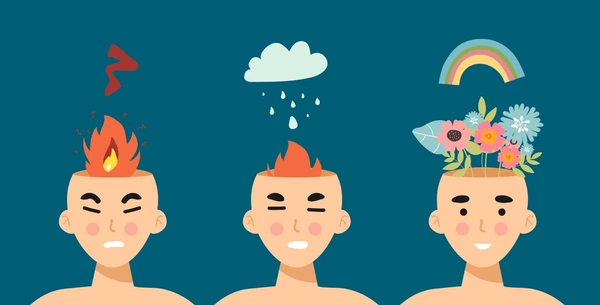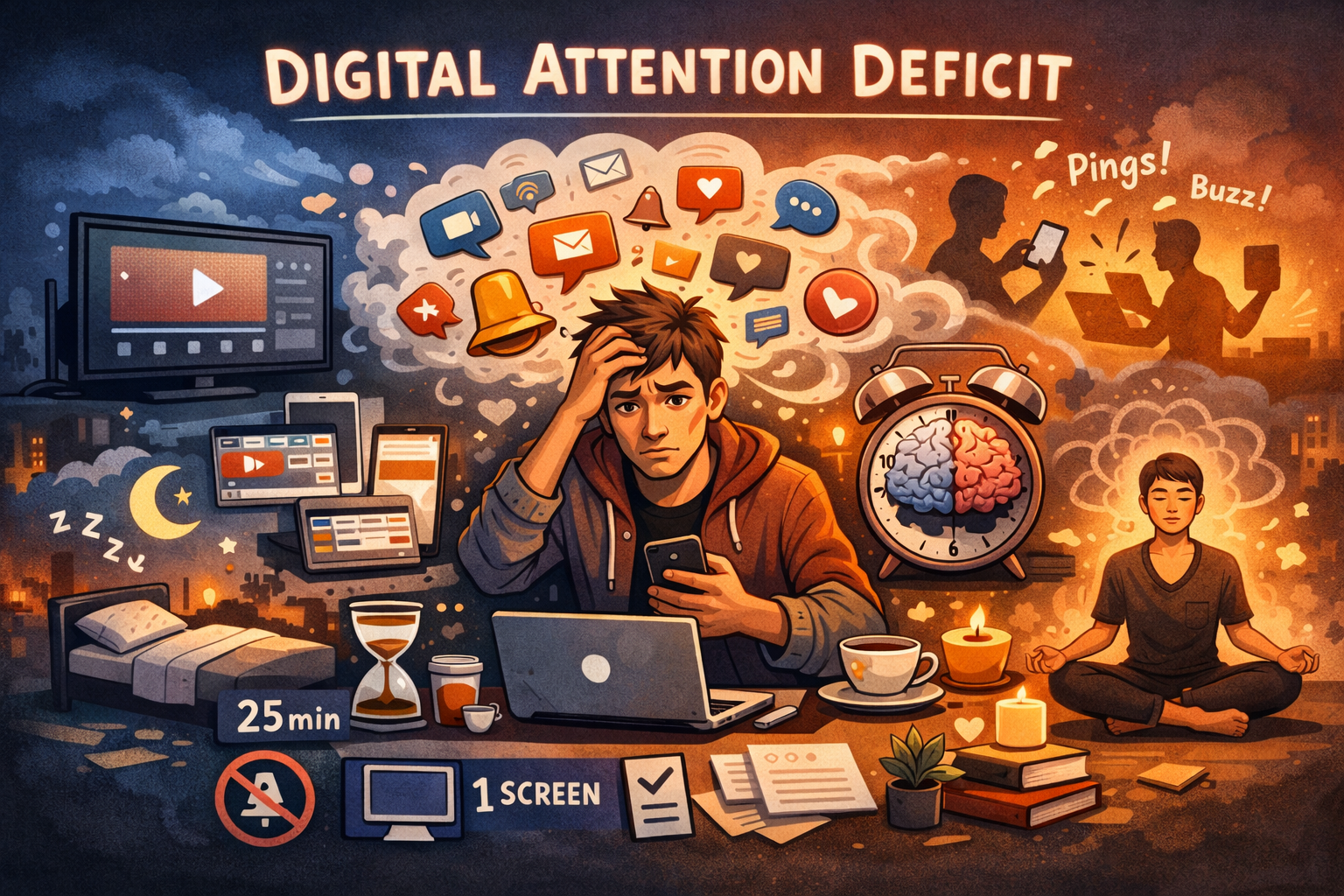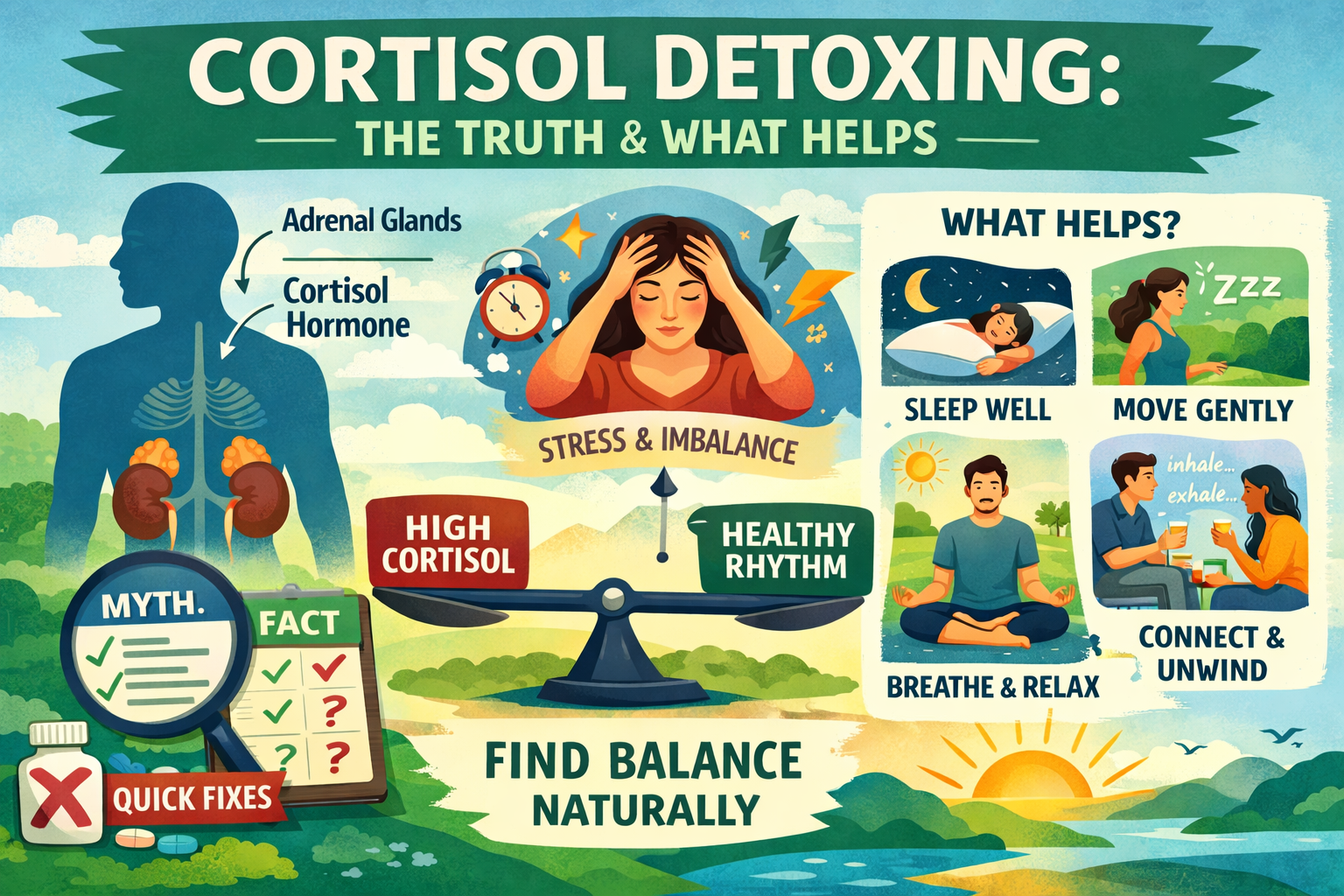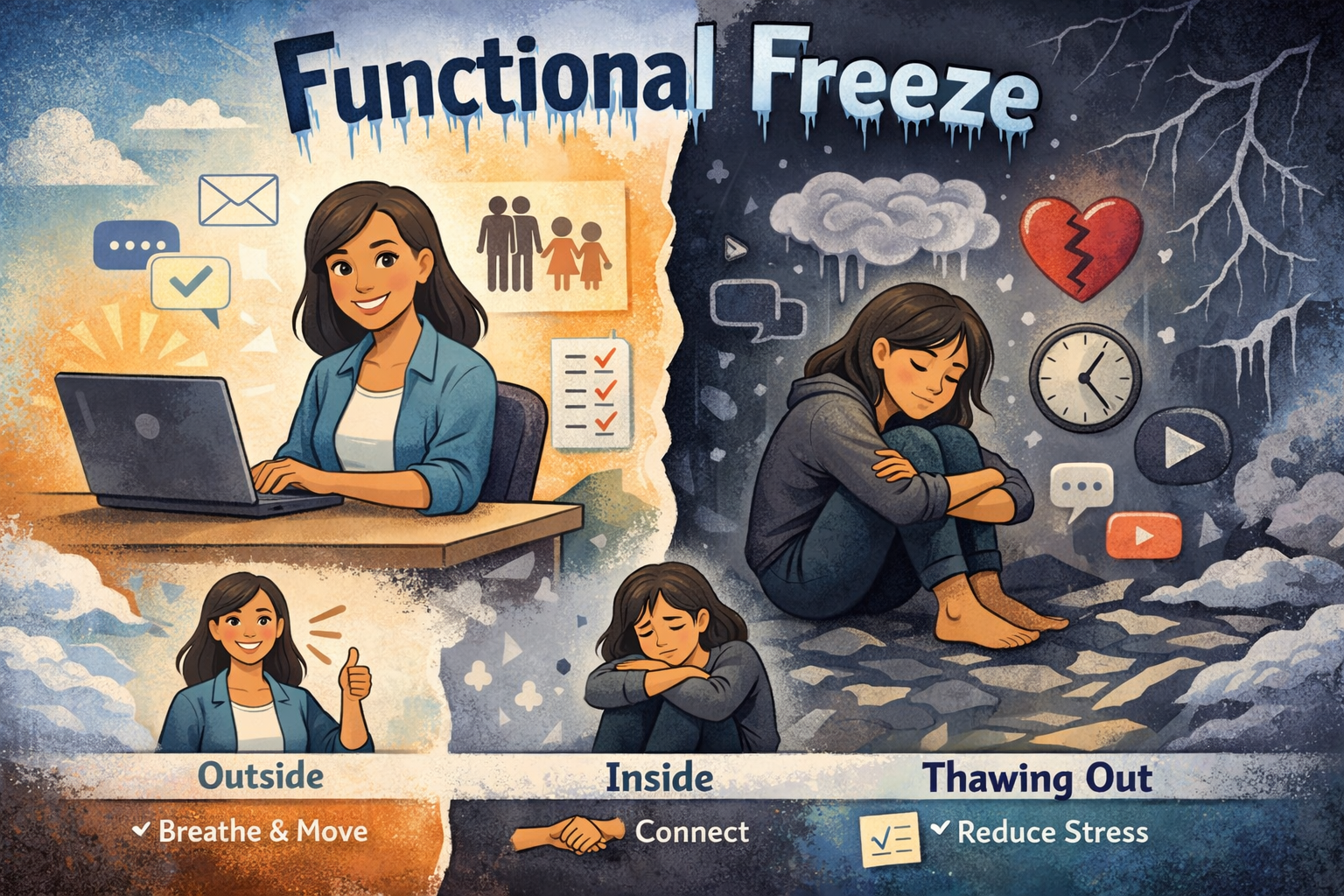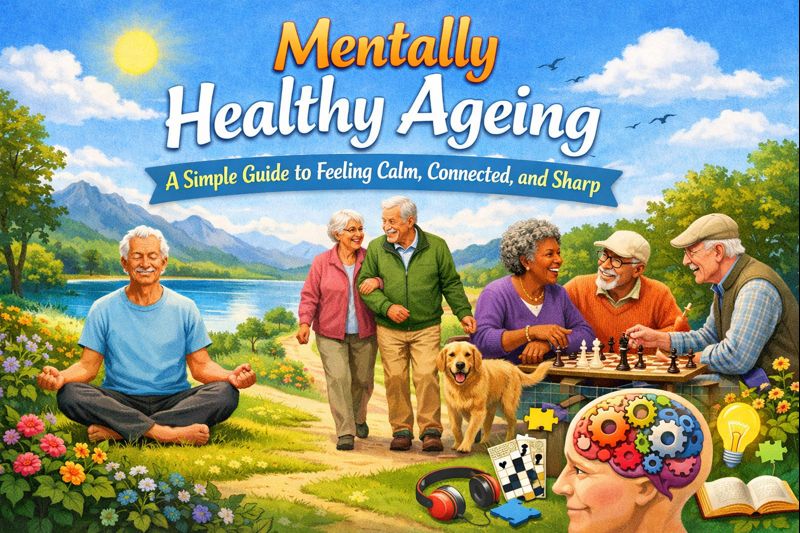Anger is a natural human emotion. It ranges from moderate irritation to intense and violent rage. It often surfaces during stressful situations or when we feel threatened, frustrated, or treated in injustice manner. Though anger itself is not bad, but unchecked anger can harm and damage our relationships. This very attribute can damage one’s reputation. It can even affect mental wellbeing.
Uncontrolled anger often results in impulsive actions such as shouting, fighting, or behaving aggressively. It may even lead to violent actions. Impulsivity further aggravates this anger related behaviour. It causes people to act without thinking about consequences. Impulsive behaviour or actions can manifest in many ways. They may take hasty decisions and risks, without giving thoughts. It reflects poor self-control on their part.
Various factors influence impulsivity, including personality, mental health, and substance use. When anger and impulsivity combine, they can trigger destructive behaviours and emotional outbursts. It may potentially result in significant personal and social harm.
Why Do We Become Enraged?
The amygdala is a small area of our brain that functions as an alert system. It is an emotional part of our brain. Before we can think clearly and consciously, our unconscious part of brain reacts instantly. Because of this, we occasionally say or do things, without thinking, and later we realize and regret.
"In a very real sense we have two minds, one that thinks and one that feels." as renowned psychologist Daniel Goleman puts it. Most of our impulsive actions and behaviour arises from our unconscious mind. Our reasoning or rationale part of brain is not a part of such impulsive reactions.
The Science of Rewiring the Brain
Regular mindfulness meditation can improve the reasoning part of our brain. Mindfulness is our ability to be present on the moments and act non-judgmentally. When we are mindful, our conscious or rational part of brain works.
On the other hand, mindfulness controls the amygdala, the emotional part of our brain, according to the research conducted by Harvard Medical School, USA. The more we train our brain, the stronger we become, much like when we strengthen our muscles. The chances of acting irrationally and impulsively reduce significantly when we are mindful of the situation.
Recognize Your Triggers
First, we need to understand what triggers us when we become angry or act impulsively. Is it work-related stress, that is acting on such occasions. There may be many possible explanations. Our anger and impulsive reactions can be triggered by a variety of life situations, events, circumstances, and people. We must find out these trigger points. Then it becomes easier to regulate our responses by becoming conscious of them.
Easy Steps for Brain Rewiring
1. The Rule of 3-3-3
-
Pause and move three body parts,
-
Name three things you can see, and
- Mention three things you can hear.
These 3 steps can facilitate the transition of your mind from an angry state to a comparatively a quiet and peaceful state.
2. The STOP Method
Pause what you are doing, stand back, pay attention to how you're feeling. Then move ahead with the state of complete awareness.
3. Put It in Writing
Write down the things that aggravate you in such situations in a journal. The act of journalism can improve your understanding of your triggers and reactions.
A Tale of Achievement
A 12-year-old kid named Tom used to get in trouble for acting impulsively. At school, he began applying the 3-3-3 rule. Three months later, his teachers saw a significant shift. He gained more friends and improved his ability to control his emotions.
Be Forgiving
Holding onto anger makes our life more difficult and weighs us down. On the other hand, forgiveness, though it is quite difficult at times, is mostly a very effective strategy for controlling rage and letting go of negative energy and emotional burden. It enables us to let go of the unpleasant feelings and resentment that feed our rage. However, it does not forgive the wrong doing or wash away the damage. Forgiveness though it is not the same as forgetting make us ourselves feel better about the events or circumstances.
Engage in Regular Exercise
Exercise is well known for its physical advantages, which include strengthening muscles, preserving a healthy weight, and enhancing cardiovascular health. It has an equally significant and positive effect on mental health.
Regular exercise has been shown to improve mood and have a good impact on mental health. It alleviates the symptoms of anxiety and depression, among other mental health issues. It enhances our general mental health. Exercise should be a part of our regimen for mental wellness. Yoga, jogging, and walking are all excellent ways. We all need to include regular exercise into our lives.
Techniques for Relaxation and Mindfulness:
Our inner peace is directly impacted by relaxation techniques, which reduce our anger and impulsive behaviours. Stress can be decreased and wellbeing improved by engaging in techniques like yoga, meditation, and mindfulness. Even in stressful times, people can maintain their composure by using these deep relaxation techniques. The capacity to remain in the moment and view things objectively is known as mindfulness. People who practice mind therapy become more self-aware and mindful. People who possess these traits are more emotionally and cognitively resilient.
Advice for Everyday Practice
- Take three deep breaths to begin your day.
- Before responding in class, use the STOP technique.
- During lunch breaks, adhere to the 3-3-3 guideline.
- Before going to bed, write in your diary.
In conclusion
Rewiring your brain is a science, not a wonder trick! It requires patience and practice. Although some days will be more difficult than others, each time you try to maintain your composure, you are strengthening and improving your brain.
Remember that while it is normal to feel angry, we get stronger when we learn to control it. The wise words of Nelson Mandela state that "I learned that courage was not the absence of fear, but the triumph over it." The same is true with anger: it is about how we choose to react to it, not about never being angry.
Are you looking for inner peace, deep relaxation or holistic solutions for mental health? Visit http://themindtherapy.in - your space for online counselling/therapy, free mental health tests, meditation, sound therapy etc.
Mind Therapy is India's trusted platform for mental health, mindfulness, and holistic healing. Explore expert-led programs, guided meditation, sound therapy and counselling at http://themindtherapy.in


